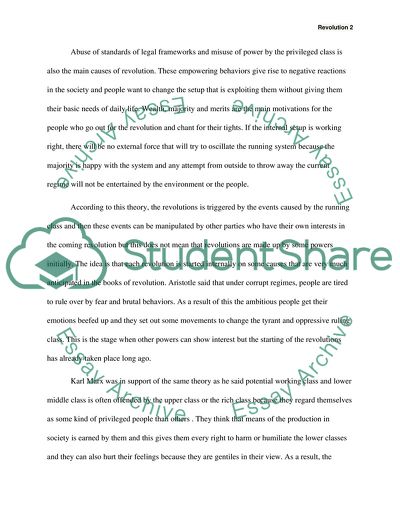Cite this document
(The Revolutionary Ideas of Karl Marx in Political Science Essay Example | Topics and Well Written Essays - 2000 words, n.d.)
The Revolutionary Ideas of Karl Marx in Political Science Essay Example | Topics and Well Written Essays - 2000 words. https://studentshare.org/history/1791431-do-revolutions-happen-or-are-they-made-discuss-with-reference-to-at-least-two-theories-of-revolution-and-using-examples
The Revolutionary Ideas of Karl Marx in Political Science Essay Example | Topics and Well Written Essays - 2000 words. https://studentshare.org/history/1791431-do-revolutions-happen-or-are-they-made-discuss-with-reference-to-at-least-two-theories-of-revolution-and-using-examples
(The Revolutionary Ideas of Karl Marx in Political Science Essay Example | Topics and Well Written Essays - 2000 Words)
The Revolutionary Ideas of Karl Marx in Political Science Essay Example | Topics and Well Written Essays - 2000 Words. https://studentshare.org/history/1791431-do-revolutions-happen-or-are-they-made-discuss-with-reference-to-at-least-two-theories-of-revolution-and-using-examples.
The Revolutionary Ideas of Karl Marx in Political Science Essay Example | Topics and Well Written Essays - 2000 Words. https://studentshare.org/history/1791431-do-revolutions-happen-or-are-they-made-discuss-with-reference-to-at-least-two-theories-of-revolution-and-using-examples.
“The Revolutionary Ideas of Karl Marx in Political Science Essay Example | Topics and Well Written Essays - 2000 Words”. https://studentshare.org/history/1791431-do-revolutions-happen-or-are-they-made-discuss-with-reference-to-at-least-two-theories-of-revolution-and-using-examples.


